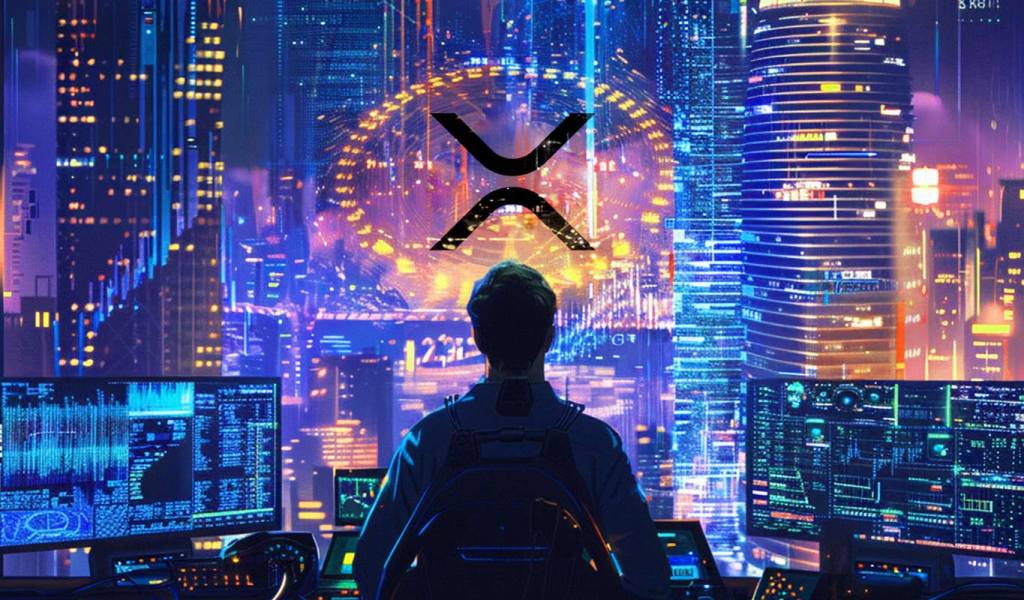
Bitcoin Network’s Mining Difficulty Drops for the First Time in 2 Months

Following four consecutive Bitcoin mining difficulty increases, the network’s difficulty dropped for the first time in 68 days, sliding 2.14% at block height 756,000 on Tuesday. The change means it’s currently 2.14% easier to find a bitcoin block reward following the mining difficulty’s all-time high (ATH) that took place on September 13.
Bitcoin Difficulty Slides 2.14%
Bitcoin miners caught a break this week after the network’s mining difficulty slid by 2.14% on Tuesday evening. The difficulty is now 31.36 trillion following the 32.04 trillion ATH recorded on Tuesday, September 13. The network’s difficulty will remain at 31.36 trillion for the next two weeks, as the difficulty is adjusted every 2,016 blocks.

While the network’s hashrate is coasting along at 234 exahash per second (EH/s), statistics show during the last 2,016 blocks the average hashrate was 225.2 EH/s. According to current metrics, with current BTC prices and electrical costs at $0.07 per kilowatt hour (kWh), roughly 41 SHA256 application-specific integrated circuit (ASIC) bitcoin miners make an estimated profit between $0.12 and $7.95 per day. At $0.12 per kWh, nine ASIC bitcoin miners make an estimated profit between $0.33 and $4.24 per day.

The top five most profitable ASIC mining machines today include the Bitmain Antminer S19 XP with 140 terahash per second (TH/s), the Antminer S19 Pro+ Hyd (198 TH/s), the Microbt Whatsminer M50S (126 TH/s), the Microbt Whatsminer M50 (114 TH/s), and the Bitmain Antminer S19 Pro (110 TH/s).

During the past three days, 423 blocks were discovered by miners and Foundry USA found 108 blocks. Foundry has been the top miner during the last three days with 25.53% of the global hashrate or 56.53 EH/s.
Foundry is followed by Antpool, F2pool, Binance Pool, and Viabtc respectively. Currently, 11 known mining pools are dedicating hashrate toward the Bitcoin blockchain, representing 98.11% of the global hashrate. Unknown hashrate commands 1.89% of the global hashrate today or 4.19 EH/s used to discover eight blocks out of the 423 found in three days.
Meanwhile, at current block time speeds the next difficulty change is estimated to be an increase of roughly 1.32%, but that could change a great deal over the next 1,957 blocks left to mine.
What do you think about the latest mining difficulty change? Let us know what you think about this subject in the comments section below.
Go to Source
Author: Jamie Redman









